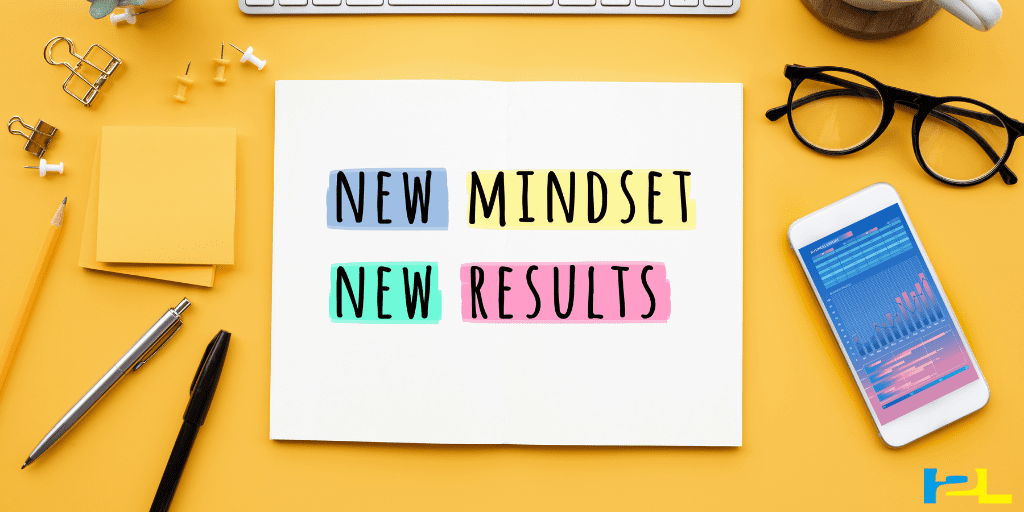At Intend2Lead, we’re in the business of helping leaders make sustainable change.
To make meaningful change that lasts, you must focus on 3 things: your mindset, your skillset, and your habits.
Let’s start with skillset. This is usually the most obvious element of change, and perhaps the easiest to accomplish. If you want different results, you must learn something new –a new skill, technique, or way of doing something. Most of us are comfortable with learning new skillsets because you can simply take a training course, read a book, or even watch a video on YouTube.
Although you may invest significant time, energy, and money in attending a training class, those new skills aren’t valuable until you start using them. Sustainable change requires you to integrate these new skills into your day-to-day work. This is where the power of habits comes in! When you invest the time and energy to create on-going practices around your new skills, you convert that learning into change.
Now, let’s talk about the most neglected component of change – your mindset. A mindset is a set of beliefs or attitudes. These beliefs are manufactured by the mind based on your upbringing, experiences, and the accumulation of (mostly unchecked) thoughts you’ve absorbed over time. A mindset is a lens through which you see the world. It is the birthplace of your actions. You can learn all the new skills in the world, but if you haven’t changed your beliefs and attitudes around it, any change you make isn’t likely to last long.
Let’s walk through an example. Let’s say you want to learn how to give better feedback to your team. You currently think that feedback is difficult and awkward because you have to tell someone all the things they’re doing wrong. Yet, you’re committed to making change because you know it’s important.
You take a class (or read our blog post!) to learn some new feedback techniques. You are now armed with specific ideas and an approach to use when feedback opportunities arise.
You know your new feedback skills are meaningless until you use them, so you create a new feedback habit to incorporate into your day-to-day work. You schedule informal, weekly feedback conversations with each of your team members.
Even though you learned new skills and set up a new feedback habit, you still dread giving feedback because it feels like you’re delivering bad news. Because of these beliefs, you tend to procrastinate, pushing the scheduled feedback conversations out to the next week, and then the next week. When you do have the conversations, they feel forced, and you want to get them over with as quickly as possible. Interestingly enough, you are in a similar place to where you started – dreading feedback and not feeling like you’re doing it well.
Once you realize that your negative thinking around feedback is stopping you from making real change, you decide to evaluate your thoughts and beliefs around feedback. After reading our blog post on feedback, you choose to embrace a more empowering mindset around feedback – the investor mindset! You choose to believe in every person’s ability to continually learn and grow. You are committed to your colleagues’ growth. You now understand that giving feedback to another person sends a powerful message that you’re invested in their success. You care about how they are doing and actively support them today to ensure they receive the development they need to thrive for the long-term. Thanks to the power of mindset, the dynamics of your relationship with your colleague shift dramatically.
Your mindset creates your reality.
We invite you to reflect on one current leadership challenge you’re facing.
- What are the beliefs you currently hold around this challenge?
- How might those beliefs be getting in the way of you making the change you want?
- What are some new, empowering thoughts you can believe that pave the way to the new reality you want?
When you change the way you think, you change everything. Your mindset is a direct path to new possibilities!
See you in the DOP,









